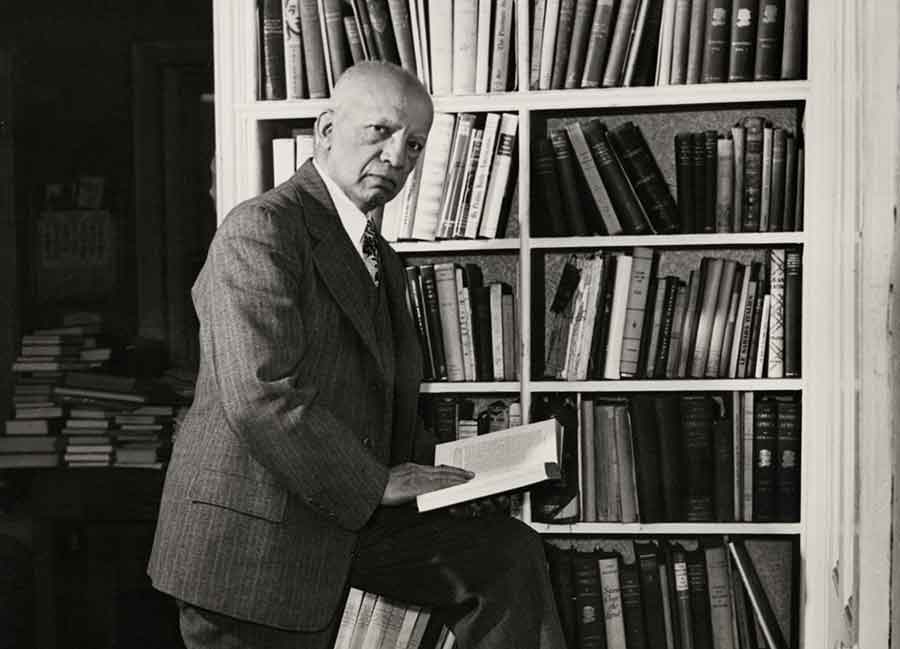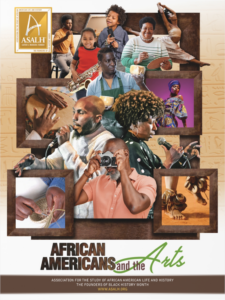


In September of 1915, historian Carter G. Woodson and minister Jesse E. Moorland founded the Association for the Study of Negro Life and History (ASNLH). It is known today as the Association for the Study of African American Life and History (ASALH). This organization was dedicated to promoting and researching the achievements of Black Americans and others of African descent. This group went on to sponsor the first national Negro History week which took place on the second week of February in 1926. This date was chosen to coincide with the birthdays of Frederick Douglass and Abraham Lincoln.
In the following decades, mayors across the country issued proclamations every year recognizing Negro History Week. By the late 1960s, Negro History Week had evolved into Black History Month on many college campuses. Black History Month was officially recognized in 1976 by president Gerald Ford and has been recognized annually by presidents every year since.
Black History Month has a different theme every year to focus the attention of the public. This year's theme is:
AFRICAN AMERICANS AND THE ARTS

"African American art is infused with African, Caribbean, and the Black American lived experiences. In the fields of visual and performing arts, literature, fashion, folklore, language, film, music, architecture, culinary and other forms of cultural expression, the African American influence has been paramount. African American artists have used art to preserve history and community memory as well as for empowerment. Artistic and cultural movements such as the New Negro, Black Arts, Black Renaissance, hip-hop, and Afrofuturism, have been led by people of African descent and set the standard for popular trends around the world. In 2024, we examine the varied history and life of African American arts and artisans." - ASALH
